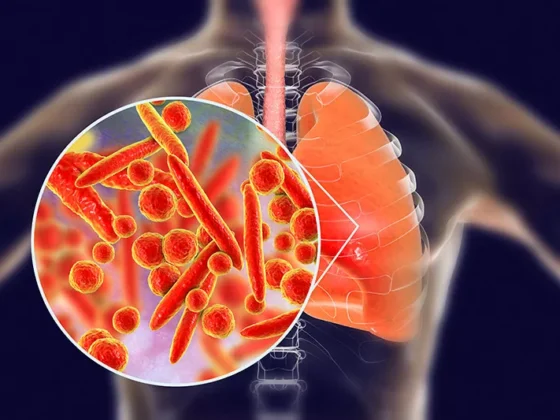Are you under a lot of stress? Then you ought to use caution? There is a link between liver health and stress.
Stress and liver health might not seem directly related, but there’s a significant connection between the two. Stress triggers the release of cortisol and adrenaline, which are hormones that prepare the body for the “fight or flight” response. While these hormones are essential for survival in short bursts, chronic stress can lead to sustained elevation of cortisol levels. This prolonged exposure to high levels of cortisol can disrupt liver function. The liver plays a vital role in metabolizing fats, carbohydrates, and proteins, as well as detoxifying harmful substances from the body.
However, chronic stress can alter the balance of enzymes involved in these metabolic processes, leading to impaired liver function over time. Additionally, stress-induced changes in blood flow and hormone levels can affect the liver’s ability to regulate glucose levels, potentially contributing to insulin resistance and metabolic syndrome, both of which are risk factors for liver disease.
- Liver Function: The liver plays a crucial role in processing nutrients, detoxifying harmful substances, and regulating metabolism. Chronic stress can impair these functions by disrupting the balance of enzymes and hormones involved in these processes.
- Inflammation: Stress triggers inflammation in the body, and chronic inflammation is linked to liver diseases like fatty liver disease, hepatitis, and cirrhosis. This inflammation can damage liver cells and impair liver function over time.
- Altered Eating Habits: Stress often leads to changes in eating habits, such as overeating or consuming unhealthy foods high in sugar and fat. This can contribute to weight gain and metabolic issues, increasing the risk of fatty liver disease and other liver conditions.
- Alcohol Consumption: Some people turn to alcohol as a way to cope with stress, but excessive alcohol consumption is harmful to the liver and can lead to liver damage or disease.
- Immune Function: Stress weakens the immune system, making the body more susceptible to infections and increasing the risk of liver infections like hepatitis.
- Sleep Disturbances: Chronic stress can disrupt sleep patterns, and inadequate sleep is associated with poor liver health. Sleep deprivation can impair liver function and increase the risk of liver disease.
- Gut Health: There’s a strong connection between the gut and the liver known as the gut-liver axis. Stress can disrupt the balance of bacteria in the gut, leading to gut dysbiosis, inflammation, and increased permeability of the gut lining, which can contribute to liver inflammation and damage.
Managing stress through techniques like meditation, exercise, adequate sleep, and healthy coping mechanisms can help support liver health. Additionally, maintaining a balanced diet, limiting alcohol consumption, and avoiding smoking are important for overall liver health, especially during times of stress. If stress is significantly impacting your health, it’s essential to seek support from healthcare professionals.











